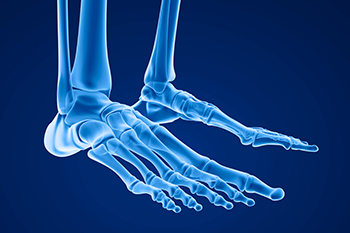
Athletes face a unique challenge when dealing with foot stress fractures, as these injuries can significantly impact their performance and training routines. The journey to recovery often requires patience, diligence, and a strategic approach. Athletes must prioritize rest and allow ample time for the fracture to heal, refraining from activities that aggravate the injury. Cross-training activities that minimize the impact on the feet, such as swimming or cycling, can help maintain cardiovascular fitness while reducing stress on the injured foot. Additionally, adhering to a balanced diet rich in calcium and vitamin D promotes bone strength and aids in the healing process. Collaborating closely with podiatrists ensures personalized treatment plans tailored to the athlete's specific needs. If you have endured a foot stress fracture from participating in sporting activities or from an injury, it is suggested that you consult a podiatrist who can help you manage this condition.
Activities where too much pressure is put on the feet can cause stress fractures. To learn more, contact one of our podiatrists from Princeton Foot and Ankle Associates. Our doctors can provide the care you need to keep your pain free and on your feet.
Dealing with Stress Fractures of the Foot and Ankle
Stress fractures occur in the foot and ankle when muscles in these areas weaken from too much or too little use. The feet and ankles then lose support when walking or running from the impact of the ground. Since there is no protection, the bones receive the full impact of each step. Stress on the feet can cause cracks to form in the bones, thus creating stress fractures.
What Are Stress Fractures?
Stress fractures occur frequently in individuals whose daily activities cause great impact on the feet and ankles. Stress factors are most common among:
- Runners
- People affected with Osteoporosis
- Tennis or basketball players
- Gymnasts
- High impact workouts
Symptoms
Pain from the fractures occur in the area of the fractures and can be constant or intermittent. It will often cause sharp or dull pain with swelling and tenderness. Engaging in any kind of activity which involves high impact will aggravate pain.
If you have any questions please feel free to contact our offices located in Princeton, and West Windsor, NJ . We offer the newest diagnostic and treatment technologies for all your foot and ankle needs.
